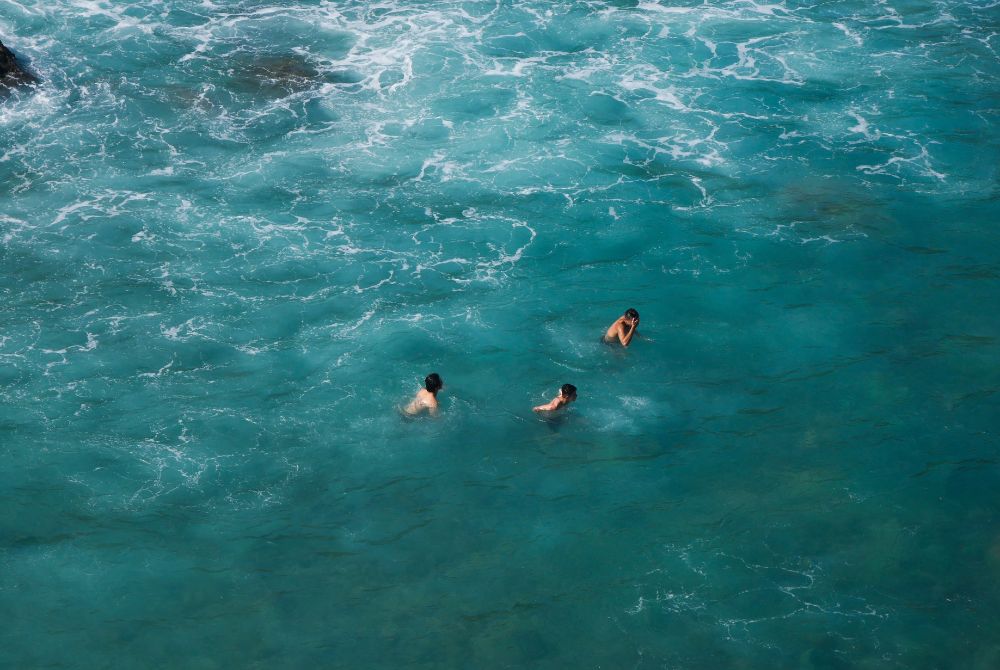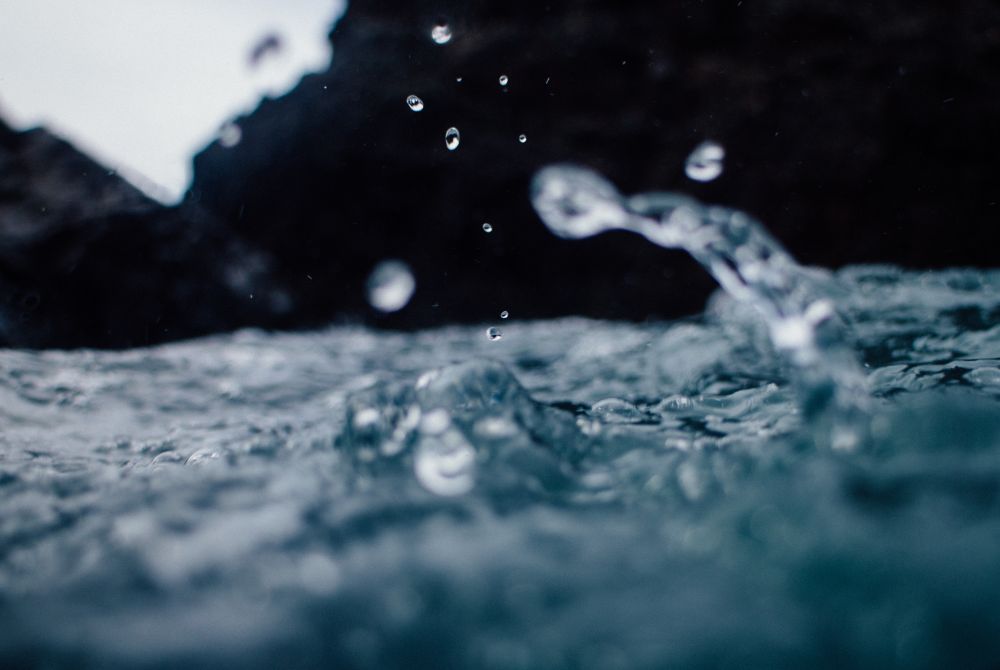Beach days are an iconic Kiwi family tradition! Quintessentially Kiwi like silver ferns, buzzy bee pull-alongs, and the Edmonds Cookbook, but the beach can be a dangerous place…
At Fulton Swim School, we think that fun-filled family days at the beach are a key part of growing up in New Zealand. But how can you keep your family safe at the beach? Swimming lessons, of course!
How Swimming Lessons can help with Beach Safety
In New Zealand, learning to swim isn’t just a fun activity, it’s an essential life skill. With the weather getting warmer, and the longest day approaching, your family is likely to have a trip or two to the beach planned.
Naturally, you may be concerned about your children’s safety at the beach. During our swimming lessons, our teachers talk to students about how to be safe in any body of water, in any situation.
Here is how swimming lessons improve beach safety, plus some bonus tips to stay safe by the beach this summer, no matter where in New Zealand you are.
Confidence levels!
If you’ve been following our blog for a while, you already know how much swimming lessons can improve children’s confidence!
Not only can swimming lessons help children to overcome a fear of the depths of the ocean, but swimming lessons help children to become more sure of themselves, physically, mentally, and socially. Ultimately, this equates to more confidence in every aspect of their lives, but especially around water, like at the beach.

Proper technique
Beach safety isn’t just about confidence! Having the skills to back it up is crucial too. Swimming lessons give kids the opportunity to master their swimming skills in a safe and controlled environment before they swim at the beach.
During their swimming lessons, your child will learn the proper technique to swim effectively, without exerting excessive energy. At the beach, this is super helpful because a beach day often means swimming for long periods of time and battling waves and currents.
Staying afloat
At the beach, it’s always safest never to swim out to a point where you can’t stand up. Ideally, your child should stay at a depth no deeper than the height of their waist while standing. This should mean that they aren’t submerged if a big wave goes by them.
If your child is submerged, having had swimming lessons should be a big help! During their lessons, they will have learned how to regulate their breathing and position their body so that their head stays above the water, even if they are too tired to swim. If they are swept away from the beach, this gives them valuable time for lifeguards to bring them safely to shore.
Staying calm in an emergency
If the unthinkable happens and your child encounters a rip current, or something similarly dangerous, having spent lots of time in the water during their swimming lessons will help your little one to stay calm and get to safety.
Everything feels scary and overwhelming when we do it for the first time! Regular swimming lessons help to desensitise your child, and make the feeling of being in the water a less stressful ordeal.
Make sure your family all know what to do if they feel unsafe at the beach. It’s important that they know to ask for help by raising their hands high above their head if they can, and shouting for help, if they are able to.

Our top tips for beach safety
It might sound a little doom and gloom, and yes, the beach can sometimes be a dangerous place, but beach safety is about so much more than what to do in an emergency situation!
Here are our top beach safety tips to make the most of your swimming day:
- Swim between the flags. Always. No matter what. If there are no flags out, it’s not worth the risk.
- Plan your beach day. Check the weather forecast, make sure there are no sudden changes expected, and check the tides as well. Talk to your family about potential dangers to ensure that they know what to do if they feel unsafe for any reason.
- Get ready ahead of time. Give yourself enough time to pack everything you and your family will need. A basic first aid kit in case of any slips or cuts from sharp rocks, plenty of food and water to stay hydrated and keep everyone’s energy up, light layers or a warm, dry change of clothes in case it gets chilly. Leave the valuables at home but bring a fully charged phone and sun protection.
- Slip, slop, slap, and wrap! Bring a beach umbrella or tent for shade, if there are no shady spots where you’re going. Get the sun hats, glasses, goggles, and rashies out. And reapply your sunblock regularly!
- When you get to the beach, check for any unexpected dangers. Whether it’s jellyfish on the sand, large crowds, or unexpected sunbathers like seals or penguins, use your judgement and trust your instincts. If you feel nervous, head to another beach, or visit your local pool instead.
- Keep a close eye on your family. Use a buddy system if you’re part of a big group, otherwise, keep watch of your little ones, stay within arm’s length if possible, go back to the beach if you feel unsafe, and alert the lifeguards if something seems off to you.
- Of course, be a tidy Kiwi! Take everything you brought with you back home to dispose of responsibly, and if you see rubbish about and are able to take it home to dispose of it, please do.
- If you're exploring around Auckland this summer and you’re heading to the West Coast for the first time to enjoy the black sand, please be wary of the extra hazards that our wild West Coast can sometimes pose to swimmers and follow advice of the local lifeguards.
- And finally, our last beach safety tip is to enjoy yourself! You’re creating lasting memories with your kids that they’ll treasure forever. Prepare for the worst, but expect the best - your swimming lessons have prepared your family to enjoy a beautiful, safe day at the beach!
Join the Fulton family!
If you feel like your family could do with some extra swim safety tips, why not pop into your local Fulton Swim School and get your family ready for the beach weather?!
